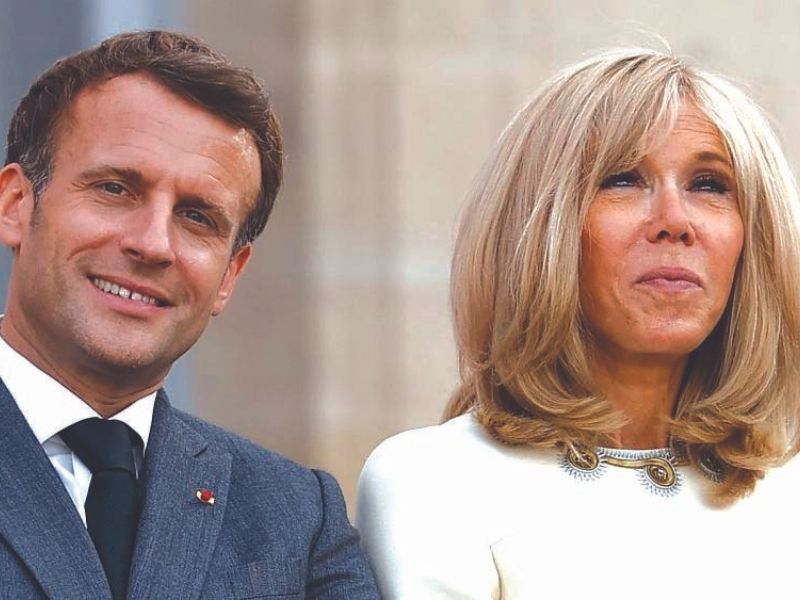
President Macron: continental identity quest
A French proposal to create a ‘European Academy’ could help to rejuvenate efforts to build a common continental identity. Under France’s presidency of the Council of the European Union, which runs to June 2022, President Emmanuel Macron has proposed “a European Academy bringing together a hundred or so intellectuals from the 27 countries and from all disciplines to shed light on the European debate”.
Thierry Chopin, professor of political science at the Catholic University of Lille, says the idea is “to create a European structure to work on the narrative of ‘belonging’ and on a common European identity, mainly through the academic world, but also by involving the cultural world more widely”. “The idea is that there will be no European sovereignty without a sense of belonging and active identification to an EU-wide political community. In concrete terms, I don’t know if it could be a permanent structure or an annual meeting,” he says.
Renaud Dehousse, president of the European University Institute, a Florence-based research university created by an international treaty in 1972, says “what is being sought is really a debate”. “There is a big Macron agenda which says, ‘Let’s try to reinvent the meaning for Europe.’ Europe has been confronted for decades now, at least two decades, with a certain disenchantment, of which Brexit has been one manifestation, but only one. There’s a widespread awareness across Europe this is a problem that needs to be addressed and that one needs to ask oneself what are big issues in today’s Europe.”
Prof. Dehousse argues that the new academy will be sufficiently different from Academia Europaea, a learned academy founded by 55 scholars in Cambridge in 1988, which now boasts almost 5,000 members from across the continent. “Academia is really a learned society for academics, whereas Macron makes a different point, he wants intellectuals — thinkers, who may not be academics,” he says.
But other heads of pan-European academies have reservations. Sierd Cloetingh, professor of earth sciences at Utrecht University and president of Academia Europaea, says that restricting membership to around 100 would allow for “a little bit more than three per member country.” He is also concerned about restricting membership to academics from within the European Union, excluding scholars from countries such as the UK.
The move comes as the European Universities Initiative, a Macron-led plan to create cross-border institutions, offers a third round of funding.